Argument for university status for seven colleges

by Sabbir Ahmed Chowdhury :
THE seven colleges under consideration — Dhaka College, Eden Mohila College, Government Titumir College, Kabi Nazrul Government College, Begum Badrunnesa Government Girls’ College, Shaheed Suhrawardy College, and Mirpur College — hold a long and distinguished history in Bangladesh’s higher education system. Established during the British colonial period and shortly after independence, these colleges became prominent centres of learning, contributing to the nation’s educational and social progress. Their contributions have helped shape Bangladesh’s intellectual and cultural development, producing generations of influential graduates who have gone on to excel in various sectors, both nationally and globally.
Historically, these colleges were initially affiliated with the University of Calcutta during British rule. After the partition of India in 1947, the colleges came under the oversight of the newly established University of Dhaka, one of the first major institutions of higher education in Bangladesh. Over time, as the number of colleges and students grew exponentially, the National University of Bangladesh was established in 1992 to manage and oversee academic and administrative activities for a vast network of affiliated colleges across the country. This move aimed to streamline governance and address the increasing demands on the education system. However, despite the National University’s efforts, the affiliation led to numerous challenges, including inefficiencies, administrative bottlenecks, and a lack of focus on research and quality education.
In 2017, a major restructuring occurred when the seven colleges were brought under the administrative control of Dhaka University. This move was intended to elevate the academic standards of these colleges by leveraging Dhaka University’s reputation and resources. The affiliation provided a boost in academic credibility but also placed a considerable administrative and academic burden on Dhaka University. Managing the seven colleges strained Dhaka University’s capacity to focus on its core mission of research and academic excellence. The growing administrative workload has highlighted the need to grant these colleges independence and transform them into autonomous universities better equipped to address contemporary educational and labour market demands.
The call to transform these historic colleges into independent, specialised universities is driven by several compelling reasons. Firstly, administrative autonomy would enable each institution to streamline operations and address challenges more effectively. By being freed from bureaucratic hurdles, these colleges could establish governance structures tailored to their unique goals and swiftly implement strategic initiatives. Consequently, this newfound efficiency would foster a responsive and proactive educational environment, allowing each institution to better serve its students and adapt to evolving needs.
Moreover, academic independence is equally significant. By having the freedom to design their own curricula, the colleges could create programmes that align closely with both local and global job market demands. Additionally, this flexibility would also empower them to launch research projects that address critical societal challenges and adopt innovative teaching methodologies that prepare students for real-world applications. Such autonomy is essential for equipping graduates with skills relevant to the Fourth Industrial Revolution, where emerging technologies and industries require a highly adaptable and specialised workforce.
Beyond academic and administrative benefits, independence would allow these colleges to celebrate and preserve their rich heritage, instilling a profound sense of pride among students, faculty, and alumni. For instance, Eden Mohila College, with its long-standing history as a premier institution for women’s education, could evolve into a specialised university for nursing and healthcare sciences. This transformation would not only honour its legacy but also empower future generations of women by providing a modern, safe, and inclusive learning environment tailored to their needs.
This sense of identity would enhance the appeal of each institution, attracting prospective students and reinforcing the colleges’ legacies. For example, Dhaka College, one of the oldest educational institutions in the country, could leverage its heritage to establish a university that focuses on information technology and software engineering. By doing so, it would preserve its historical significance while positioning itself as a leader in cutting-edge technological education. This focus on IT and software engineering would prepare students to excel in a rapidly digitalising world, providing them with the skills needed to drive technological advancements and innovation.
Furthermore, specialised education would give graduates a competitive edge, as they would emerge with targeted expertise aligned with industry demands. For instance, Government Titumir College could be transformed into a Textile and Fashion Design University with a strong emphasis on sustainable garment production, a vital industry for Bangladesh’s economy. As a result, graduates from this specialised institution would be well-prepared to pioneer advancements in the international textile sector, promoting economic development while also prioritising environmental sustainability. Ultimately, this transformation is not just about structural change but about creating a higher education system that drives economic and social progress, thereby ensuring Bangladesh remains competitive in a rapidly advancing world.
The benefits of creating independent, specialised universities can be seen in various successful international examples. For instance, Wageningen University & Research in the Netherlands has gained global recognition for its focus on agriculture, food, and environmental sciences. It plays a critical role in addressing global challenges related to food security and sustainability. Similarly, the Culinary Institute of America in the United States is another example of a specialised institution that has trained world-class chefs and hospitality professionals, contributing significantly to the global culinary and hospitality industry. Moreover, Heriot-Watt University in Scotland specialises in science, engineering, and business and has earned a reputation for cutting-edge research and industry partnerships. Likewise, Tokyo University of the Arts in Japan is a leading institution for art and music, nurturing generations of artists and musicians who have enriched Japan’s cultural landscape. Meanwhile, the University of Petroleum and Energy Studies in India has established itself as a premier institution for energy, infrastructure, and transportation, aligning education with key industrial sectors to drive economic growth. Additionally, the Korea Advanced Institute of Science and Technology in South Korea has made significant advancements in engineering and technology research, contributing to the country’s position as a global technology leader. Similarly, Aalto University in Finland, which emerged from the merger of three major institutions focusing on technology, business, and the arts, exemplifies how specialised education can drive innovation and entrepreneurship.
If the seven colleges in Bangladesh are transformed into independent universities, they could focus on specific fields that align with national development goals. For example:
— An agricultural and food technology university could focus on agricultural research, food science, and sustainable farming practices to support Bangladesh’s vital agricultural sector.
— A textile and fashion design university with provisions for advanced training in textile engineering, fashion design, and supply chain management could greatly benefit the apparel industrial sector.
— A leather and footwear technology university would enhance the leather industry’s global competitiveness. With the leather industry being a significant export sector, a university dedicated to eco-friendly leather processing and footwear technology will definitely be beneficial for the national economy.
— A ceramic and glass technology university could focus on materials science, product design, and manufacturing technologies to meet industry needs.
— A nursing and healthcare sciences university will address the demand for quality healthcare professionals and offer advanced nursing programmes, healthcare management, and medical research to improve healthcare services.
— An information technology and software engineering university, focusing on fields like artificial intelligence, cybersecurity, and software development, could play a crucial role in meeting the demands of the digital age and supporting the country’s growing IT sector.
— A tourism and hospitality management university could provide training in tourism management, hospitality, and cultural heritage preservation to create a skilled workforce for this industry.
Transforming the seven colleges into independent and specialised universities would modernise Bangladesh’s higher education system and ensure it is equipped to meet future challenges. Drawing inspiration from international examples, this move would not only improve educational standards but also drive economic and social progress. The success stories of specialised universities worldwide underscore the potential for such an initiative to make a transformative impact in Bangladesh. As the nation looks to the future, granting autonomy to these historic institutions could be a pivotal step toward building a robust and innovative higher education landscape.
Sabbir Ahmed Chowdhury is an assistant professor at the Institute of Education and Research, University of Dhaka.



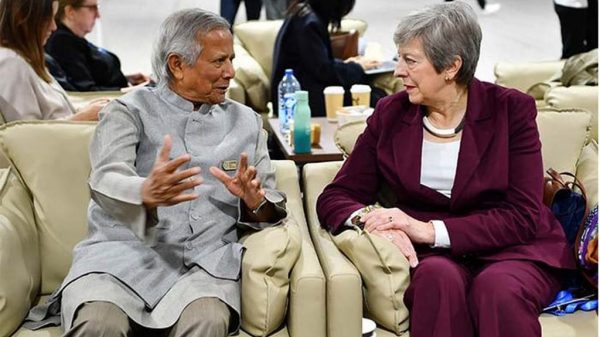

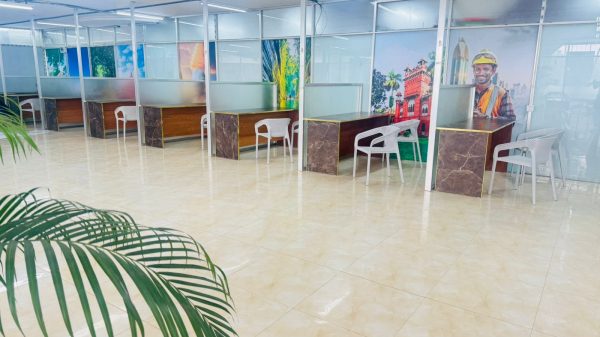
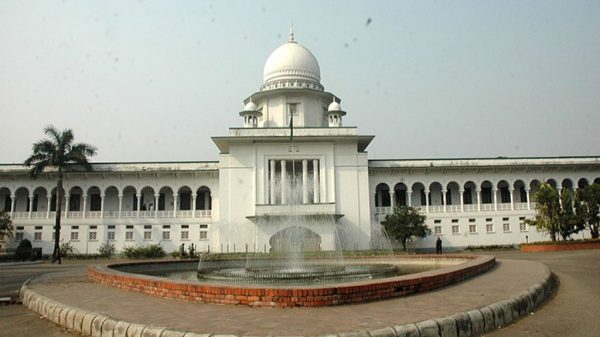



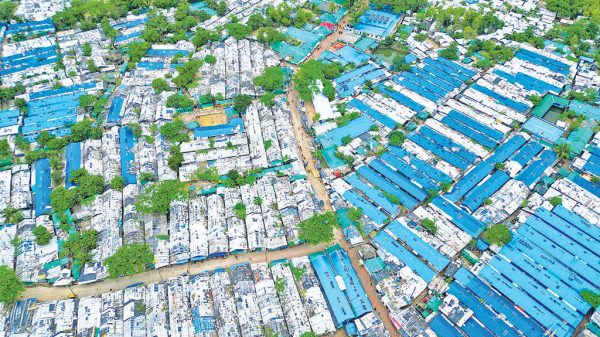
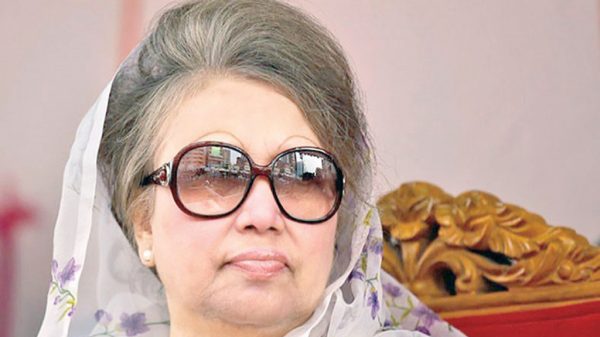











Leave a Reply